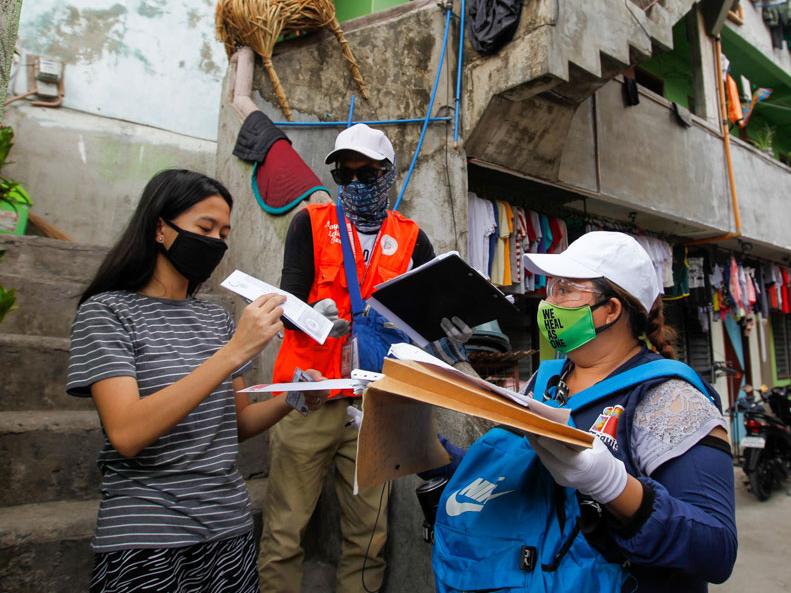
By Omar Hussein Amach
BANGKOK – The Asia-Pacific region can benefit from scaling-up investment in social protection to reduce the impact of the COVID-19 crisis, maintain social cohesion and reduce overall vulnerabilities.
Those were some of the insights from a webinar organized by the Asia-Pacific office of the UN Office for Disaster Risk Reduction to explore the role social protection has played in past disaster recoveries, ongoing response to and recovery from COVID-19, and lessons to be drawn for future disaster-responsive social protection programmes.
The webinar was organized in partnership with the UN Economic and Social Commission for Asia and the Pacific (ESCAP) and the Food and Agriculture Organization (FAO).
Social protection is well-regarded in development circles for its effectiveness in reducing poverty and boosting social equity, but it also plays an important role in responding to disasters.
“Cash-based assistance, which is often delivered through social protection mechanisms, is a critical intervention in nearly all emergencies and is also often the preferred form of humanitarian assistance by beneficiaries,” explained Ms Loretta Hieber Girardet, Chief of UNDRR in Asia-Pacific, who also moderated the discussion.
Moreover, social protection systems can help countries recover more quickly from disasters, according to Ms Tiziana Bonapace, Director of the ESCAP’s Information and Communications Technology and Disaster Risk Reduction Division.
Ms Bonapace gave the example of Fiji in 2015 when it was struck by tropical cyclone Winston.
The government increased cash transfers to all beneficiaries in its social protection system, and as a result, reduced the impact of the disaster on the poorest by more than 20 percent with a cost-benefit ratio of 1:4.
However, even in the middle of a crisis like the COVID-19 pandemic, countries can rapidly scale up their social protection programmes especially if they leverage new technologies.
“Digital identification and the transfer of cash through digital means is showing scalability potential that is critical to timely response and ensuring that no one is left behind,” noted Ms Bonapace.
The need to scale up social protection in response to COVID-19 in Asia-Pacific is recognized as critical to lessening the impact of a growing economic crisis as a result of the prolonged lockdowns.
Indeed, the Association of Southeast Asian Nations (ASEAN), the leading intergovernmental organization in the region, views it as essential to maintaining social peace and stability as well.
“The ultimate ethos of social protection is to maintain social cohesion,” said Ms Sita Sumrit, Assistant Director of the Poverty Eradication and Gender Division in the ASEAN Secretariat.
“Fortunately for ASEAN, there is no social disintegration yet, but we don’t know if any deficiencies in providing social protection will entail negative ramifications on social cohesion.”